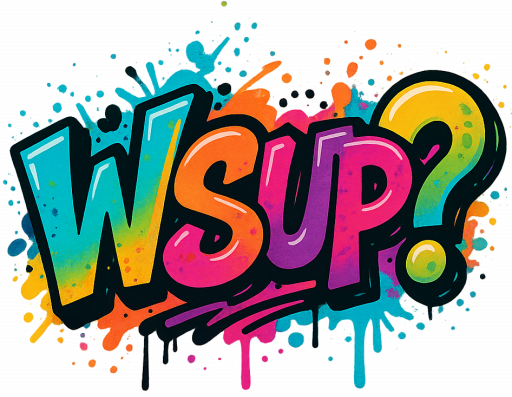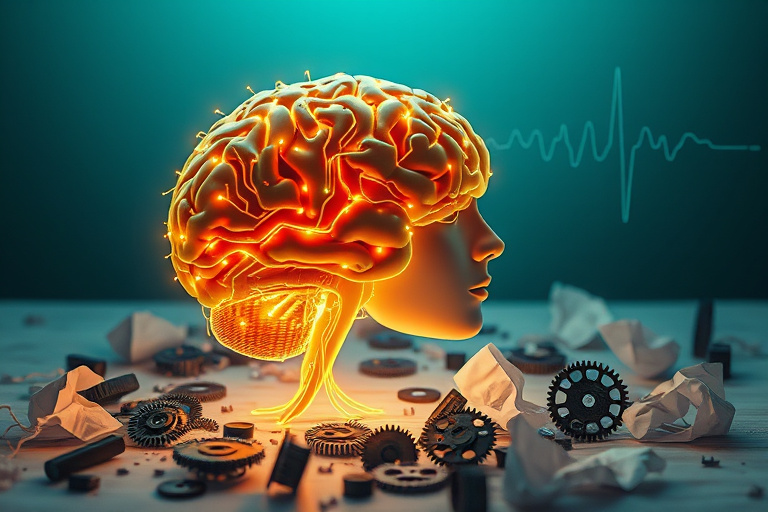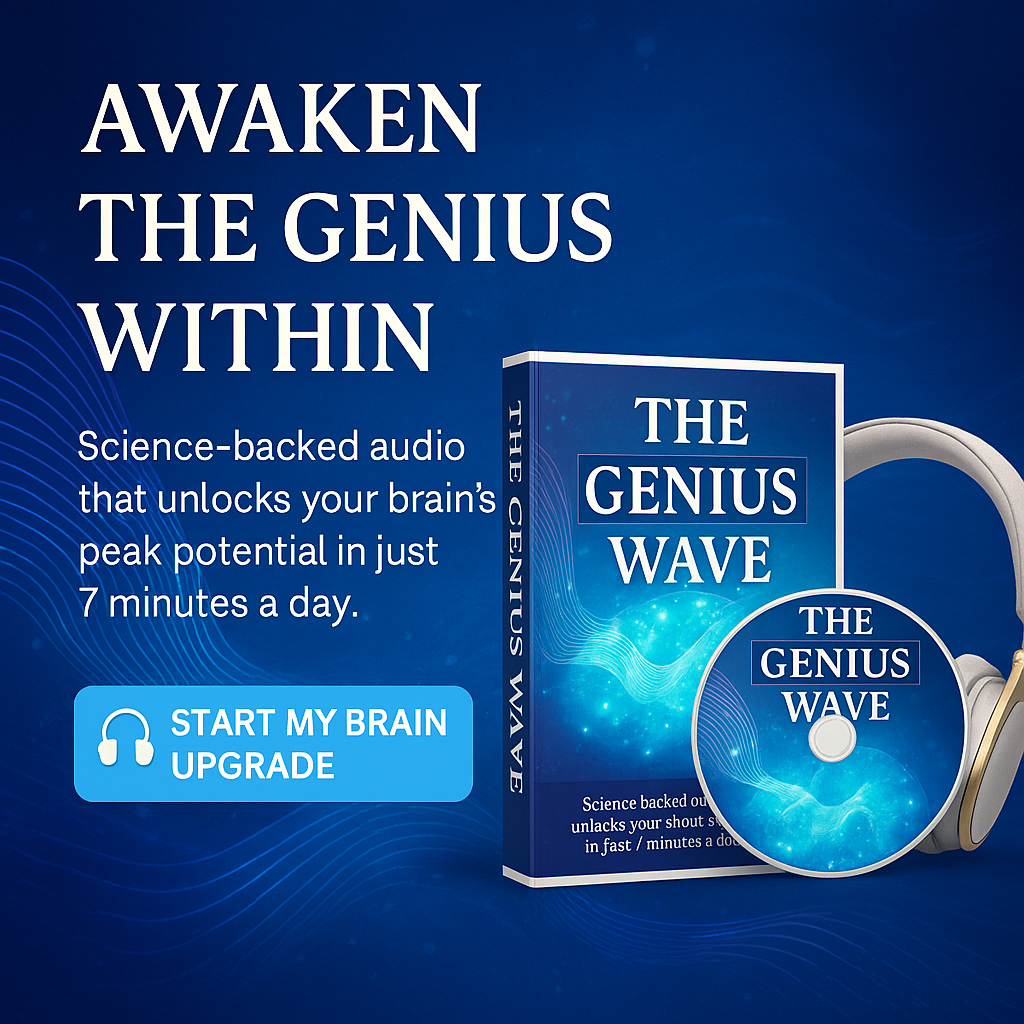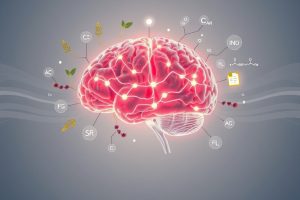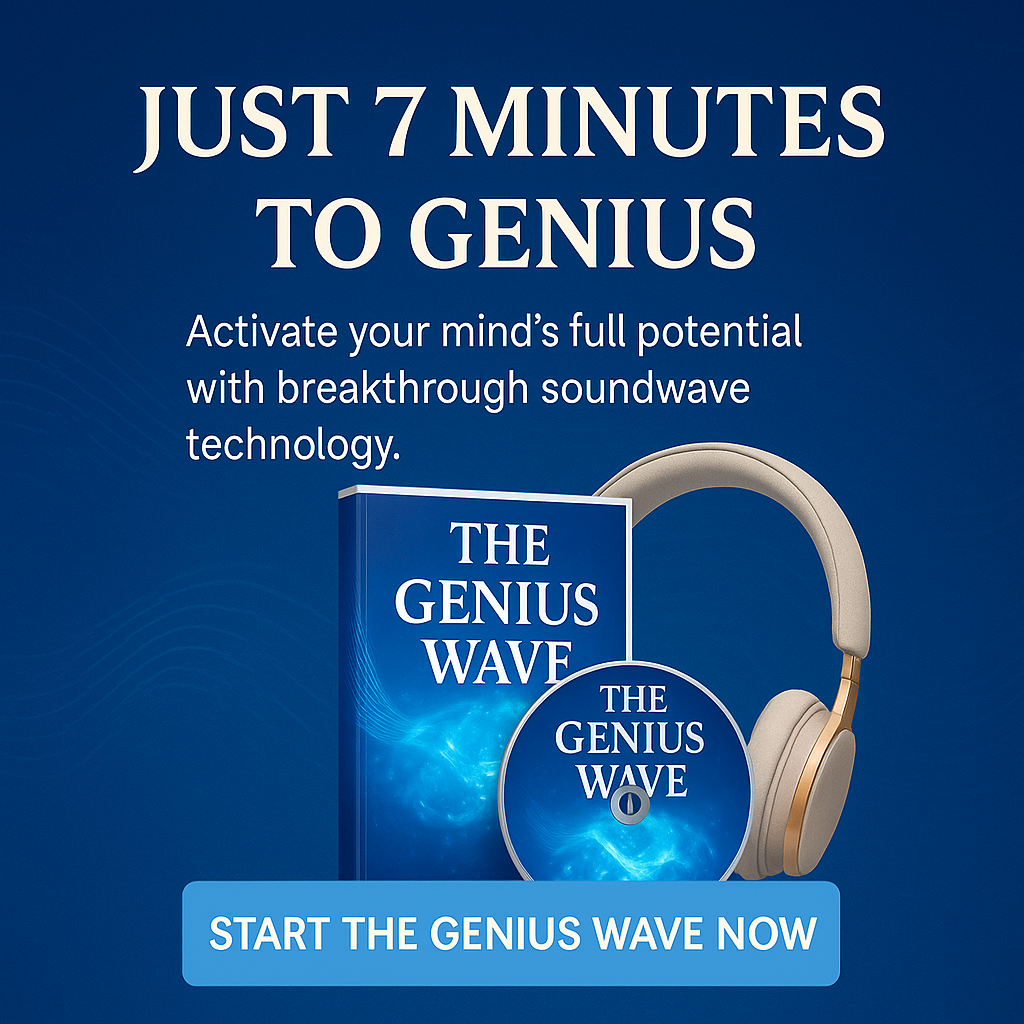Genius Wave Review for Tired Brain Syndrome: Does It Really Work?
1. Understanding Tired Brain Syndrome and Its Impact on Daily Life
Tired Brain Syndrome refers to a state of mental fatigue characterized by difficulty concentrating, brain fog, and overall cognitive exhaustion. It often manifests as a persistent feeling of mental sluggishness that hampers daily functioning and productivity. This condition is increasingly common in our fast-paced, high-stress world, affecting individuals across various age groups.
Several factors contribute to mental fatigue, including chronic stress, inadequate sleep, overwork, and underlying medical conditions such as depression or anxiety. Lifestyle habits, poor diet, and excessive screen time can also exacerbate symptoms. The impact on daily life can be significant, leading to decreased work performance, impaired decision-making, and reduced quality of life.
Given these challenges, finding effective solutions to alleviate tired brain syndrome is a priority for many seeking to restore mental clarity and energy.
2. What Is the Genius Wave Device and How Does It Claim to Help?
The Genius Wave is a neurostimulation device designed to target mental fatigue and enhance cognitive function. Its core purpose is to modulate brainwave activity to promote alertness, relaxation, or focus, depending on user needs.
The device operates through neurostimulation and brainwave modulation. It delivers gentle electrical signals or sound frequencies intended to influence neural activity, thereby potentially reducing mental fatigue and improving cognitive performance.
Key features of Genius Wave include portability, ease of use, and customizable settings aimed at addressing specific mental states. Its intended benefits encompass increased mental clarity, reduced fatigue, and improved mood—making it an appealing option for those battling tired brain syndrome.
3. The Science Behind Genius Wave: Examining the Evidence
Scientific research into brainwave therapy devices like Genius Wave is ongoing. Some studies suggest that neurostimulation can influence brain activity and may have therapeutic benefits for certain neurological and psychological conditions. However, the evidence supporting the efficacy of consumer-grade devices remains limited.
Currently, there are no extensive peer-reviewed studies specifically validating Genius Wave’s claims. While neurostimulation techniques such as transcranial direct current stimulation (tDCS) have shown promise in research settings, translating these findings into consumer devices involves many variables.
Neurostimulation may influence cognitive fatigue by altering neural oscillations associated with alertness and relaxation. Nonetheless, the scientific community emphasizes the need for more rigorous research to establish safety, optimal protocols, and long-term effects.
Overall, while the science is promising, current data underscores the importance of cautious optimism and highlights the need for further investigation before definitive conclusions can be drawn.
4. Effectiveness of Genius Wave for Tired Brain Syndrome: What Do Reviews Say?
User feedback and limited clinical studies provide mixed insights into Genius Wave’s effectiveness. Many users report feeling more alert, experiencing less brain fog, and feeling a general boost in mental clarity after consistent use. These anecdotal benefits suggest that some individuals may find it helpful as part of their mental fatigue management.
Commonly reported benefits include improved concentration, reduced feelings of exhaustion, and enhanced mood. However, some users note that results vary and that the device may not produce significant effects for everyone. Additionally, it’s important to recognize that Genius Wave should not replace traditional approaches such as adequate rest, medical treatment, or lifestyle modifications.
Compared to conventional solutions like rest, therapy, or medication, Genius Wave offers a non-invasive, drug-free alternative. Still, it is best viewed as a complementary tool rather than a standalone cure for chronic mental fatigue.
5. Safety and Risks Associated with Using Genius Wave Devices
Generally, neurostimulation devices like Genius Wave are considered safe when used as directed. Most users do not experience adverse effects; however, some may encounter mild discomfort, headaches, or skin irritation.
Regarding regulatory status, it is essential to verify whether the device has received approval from relevant authorities such as the FDA or CE certification. Such certifications help ensure safety standards are met.
Before using Genius Wave, individuals with implanted electronic devices (e.g., pacemakers), neurological disorders, or pregnancy should consult a healthcare professional. Proper precautions and adherence to manufacturer instructions are crucial to minimize risks.
6. How to Maximize Results from Genius Wave Therapy
To optimize the benefits of Genius Wave, users should follow best practices such as consistent usage, adhering to recommended session durations, and avoiding overuse. Combining neurostimulation with healthy lifestyle habits—like maintaining good sleep hygiene, balanced nutrition, and stress management—can enhance overall outcomes.
Setting realistic expectations is vital; while some may experience noticeable improvements quickly, others might require prolonged use. Integrating this technology into a comprehensive approach to mental health can provide more sustainable relief from mental fatigue.
7. Final Takeaways: Is Genius Wave a Reliable Solution for Tired Brain Syndrome?
Based on current scientific evidence and user experiences, Genius Wave appears to offer potential benefits for some individuals suffering from mental fatigue. However, the lack of extensive peer-reviewed research means it should be approached with cautious optimism. It may serve as a helpful adjunct to traditional methods but is unlikely to be a standalone solution.
Those who might benefit most include individuals with mild to moderate symptoms seeking non-invasive options or those interested in exploring neurostimulation as part of their mental wellness routine. As always, consulting healthcare professionals before starting any new treatment is advisable.
In summary, while Genius Wave shows promise, further research is necessary to confirm its efficacy and safety fully. It is essential to weigh personal needs and existing evidence when considering this device.
8. Additional Resources for Managing Mental Fatigue
Beyond neurostimulation devices, evidence-based strategies such as regular physical activity, mindfulness practices, and proper sleep hygiene can significantly reduce brain fog and burnout. Consulting healthcare professionals can help identify underlying causes and develop personalized treatment plans.
Emerging technologies and ongoing research continue to explore innovative solutions for mental fatigue, promising future options for those affected. Staying informed about these developments can empower individuals to make better choices for their cognitive health.
